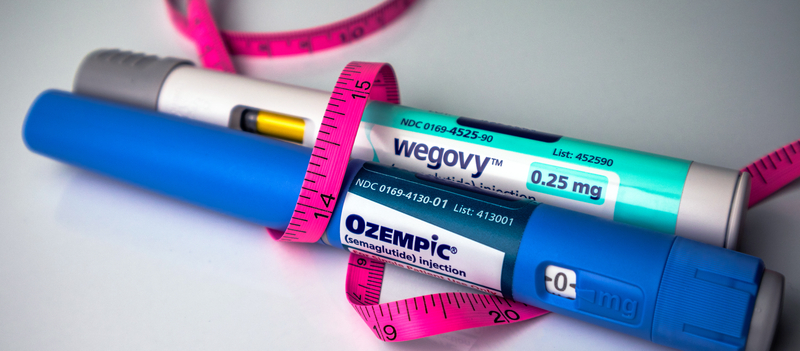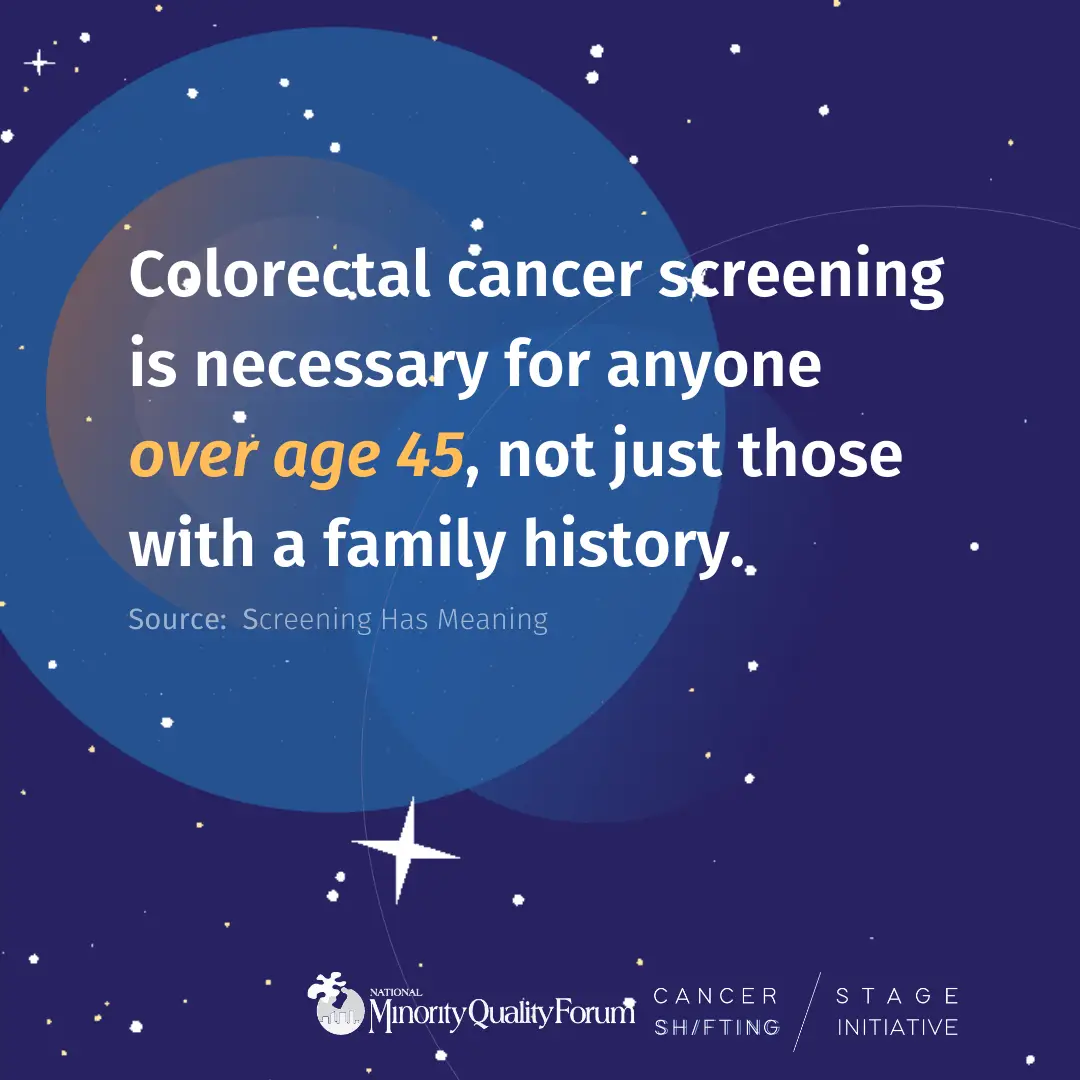aged
Alaska Native Cancer Screening: Barriers and Solutions
We examined barriers and facilitators to colorectal cancer screening in Alaska Native communities, focusing on those never or not recently screened...
Racial Disparities in CKD Care: US Cohort Findings | Fyh.news
Racial disparities in CKD care continue to affect health outcomes in the United States. Racially minoritized populations, notably African American ...
Physician Communication Cancer Care LMICs: Patient Experience
Physician communication in cancer care in LMICs is critically important yet underexplored, despite the disproportionate burden of cancer morbidity ...
Hispanic Men Diabetes Prevention: Barriers to NDPP Engagement | fyh.news
Hispanic men diabetes prevention is a critical public health issue, as Hispanic men face higher rates of diabetes yet participate less in preventio...
FDA Approves At-Home HPV Test for Cervical Cancer Screening | Teal Health
Women have a new way to check for the risk of cervical cancer from the comfort of their home.
Women now have a new way to screen for cervica...
Breast Cancer Screening Shows Gaps in Women Aged 40-49 Years
TOPLINE:
Among 20.1 million women aged 40-49 years, only 59.2% underwent biennial mammography screening, with significantly lower rates observed in...
Trending Topics
Features
- Drive Toolkit
Download and distribute powerful vaccination QI resources for your community.
- Health Champions
Sign up now to support health equity and sustainable health outcomes in your community.
- Cancer Early Detection
MCED tests use a simple blood draw to screen for many kinds of cancer at once.
- PR
FYHN is a bridge connecting health information providers to BIPOC communities in a trusted environment.
- Medicare
Discover an honest look at our Medicare system.
- Alliance for Representative Clinical Trials
ARC was launched to create a network of community clinicians to diversify and bring clinical trials to communities of color and other communities that have been underrepresented.
- Reducing Patient Risk
The single most important purpose of our healthcare system is to reduce patient risk for an acute event.

















